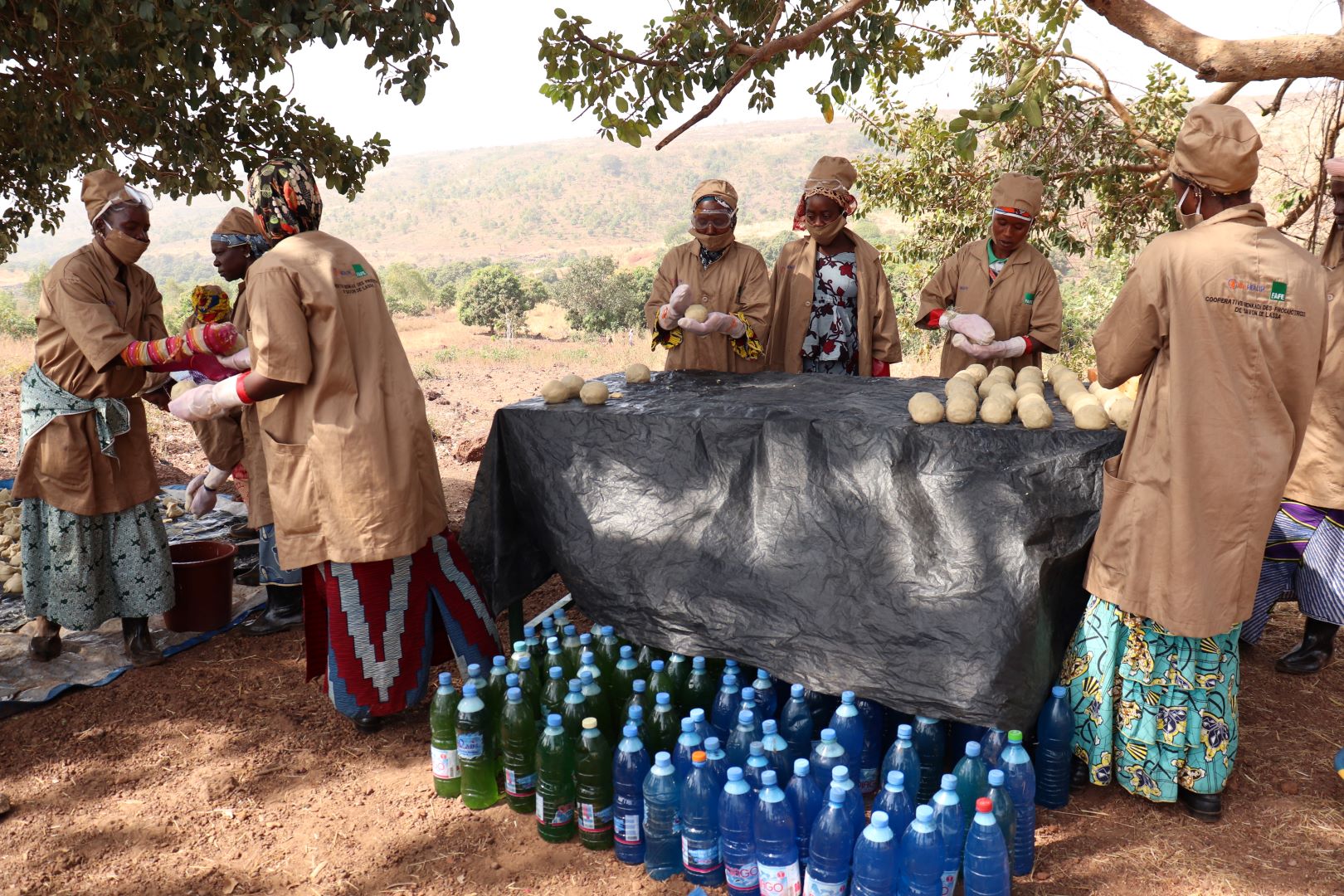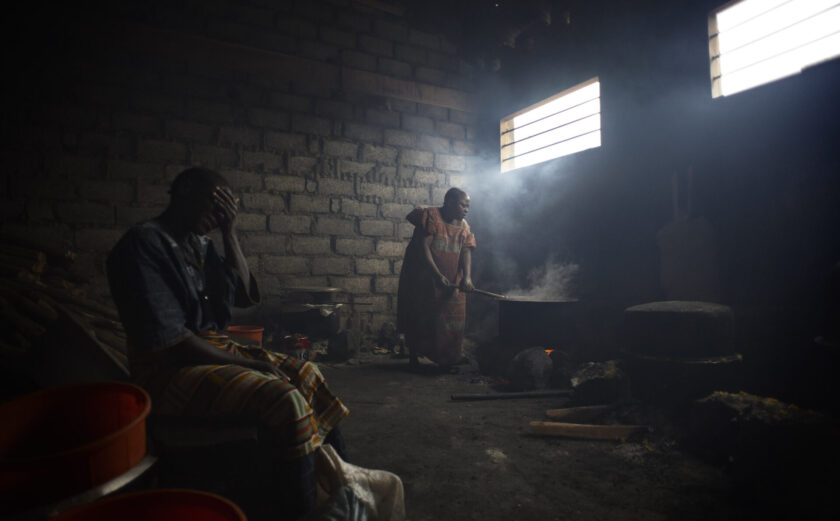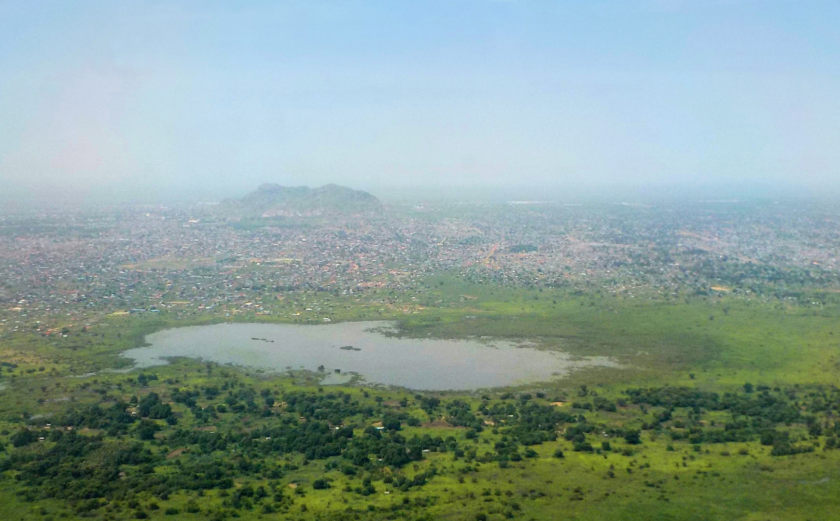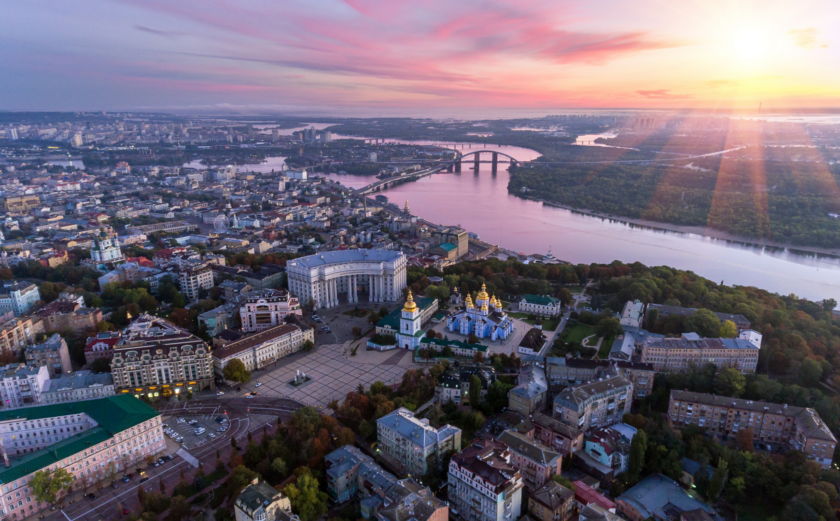
World Humanitarian Day 2024
The 2024 World Humanitarian Day campaign, #ActForHumanity, focuses on addressing the alarming rise in attacks against humanitarian workers and civilians, advocating for the enforcement of International Humanitarian Law (IHL) to end impunity for these violations.
On World Humanitarian Day, InterAction raises attention to the unprecedented violations of International Humanitarian Law (IHL) and attacks against humanitarian workers in recent years.
Aid workers are increasingly being targeted by armed actors who seek to intimidate, coerce, or disrupt aid operations for strategic gains. In South Sudan, Yemen, the Central African Republic, and more, disinformation campaigns are fueling hostility toward aid agencies. These threats not only endanger the lives of those dedicated to humanitarian action but also severely hinder access to essential aid for millions of vulnerable people in conflict-affected areas.
In 2023, the Aid Worker Security Database documented hundreds of attacks resulting in the deaths of at least 270 aid workers, with hundreds of others wounded and kidnapped, marking an alarming rise compared to previous years. Throughout 2024, the humanitarian community has continued to witness devastating violations of IHL. These attacks, characterized by the deliberate targeting of protected entities such as hospitals, schools, and humanitarian aid convoys, have reached unprecedented levels.
The U.N. reports that at least 284 humanitarians have died in the occupied Palestinian territories alone since October 2023, and 1,012 attacks on health care facilities have resulted in 769 deaths. In June 2024, the Russian Federation struck a children’s hospital in Kyiv, Ukraine, killing at least two people and injuring 16 others, adding to at least 1,928 attacks affecting medical infrastructure since Russia’s full-scale invasion of Ukraine. In Sudan, there have been repeated indiscriminate attacks by the Sudanese Armed Forces and Rapid Support Forces on civilian infrastructure, including sites housing internally displaced people (IDP). Intense fighting and deliberate denial of humanitarian assistance has driven the Zamzam IDP camp in Sudan into famine conditions. Additional IHL violations have been documented in Syria, Ethiopia, Myanmar, and the Democratic Republic of Congo.
The impact on civilians has been devastating—hospitals and clinics targeted across the globe, access to medical care severely restricted, and health crises exacerbated in conflict areas. Attacks on schools have disrupted education, depriving children of their right to learn and dampening their future prospects.
We honor InterAction Members who have lost their lives in the line of duty. They are not statistics—they are our supervisors, our staff members, our mentors, our friends. Assaults on them represent a violation of humanitarian principles and a direct affront to our shared humanity. And every attack on an aid worker creates a chilling effect, exacerbating the suffering of the communities they give their lives to serve.
We also must acknowledge the specific threats local aid workers face—especially those affiliated with the many local and national non-governmental organizations who partner with InterAction Members. An estimated 90% of aid workers who die in the line of duty die in their home countries. We know that local aid workers are particularly vulnerable in this context of increasing violence and the erosion of IHL and other legal protections. Those who have the most intimate understanding of the needs and aspirations of the communities we serve often lack the security resources and organizational backing needed to navigate and mitigate risks in conflict zones. They often live in or near the communities receiving humanitarian support, exposing them to prolonged and repeated dangers. They may not have access to legal support or diplomatic resources, yet they continue working tirelessly in pursuit of aid delivery.
Perpetrators of violations of IHL must be held accountable everywhere.
Attacks on civilians and humanitarians cannot become normalized. The world cannot stand quiet. We must commit, with renewed vigor, to protect aid workers everywhere engaged in humanitarian action, enabling them to relieve suffering and restore hope.









